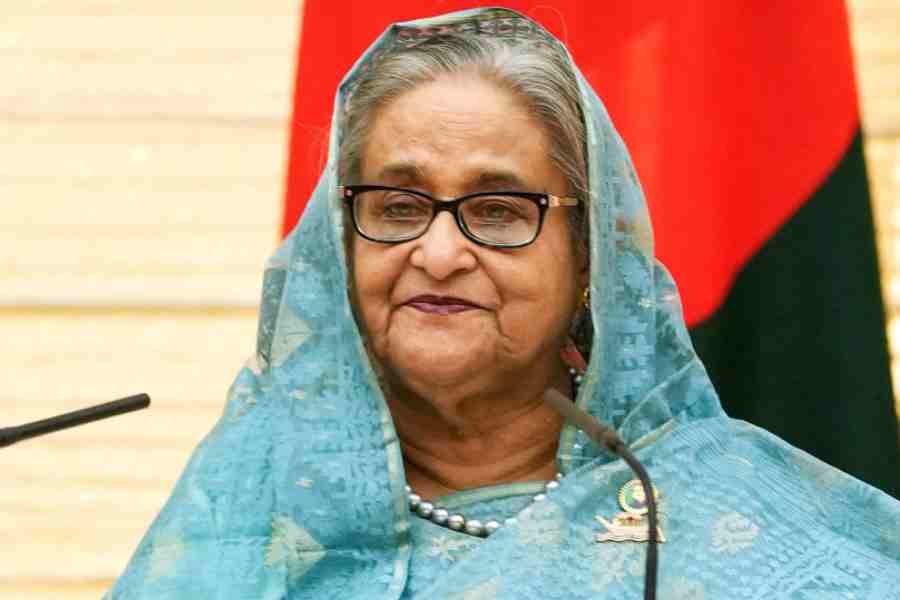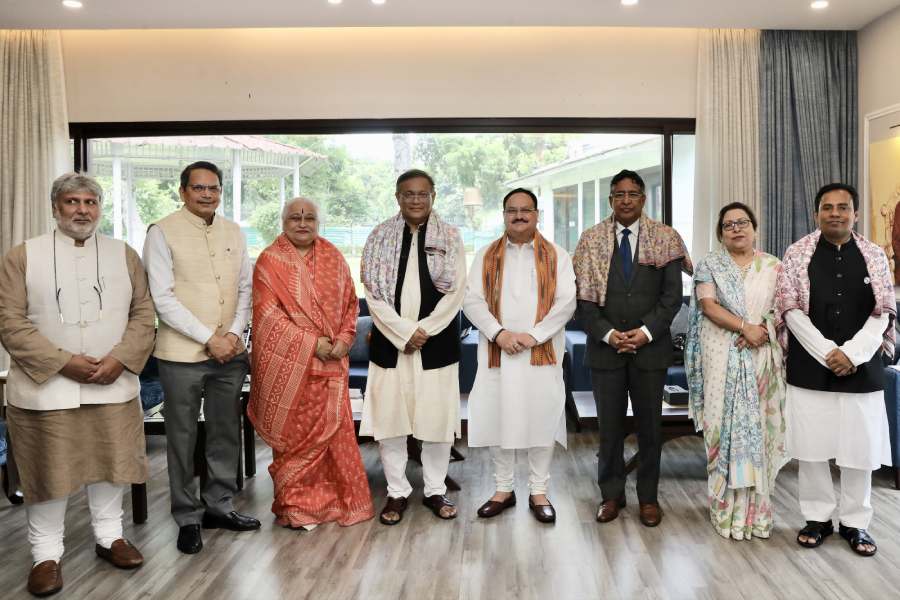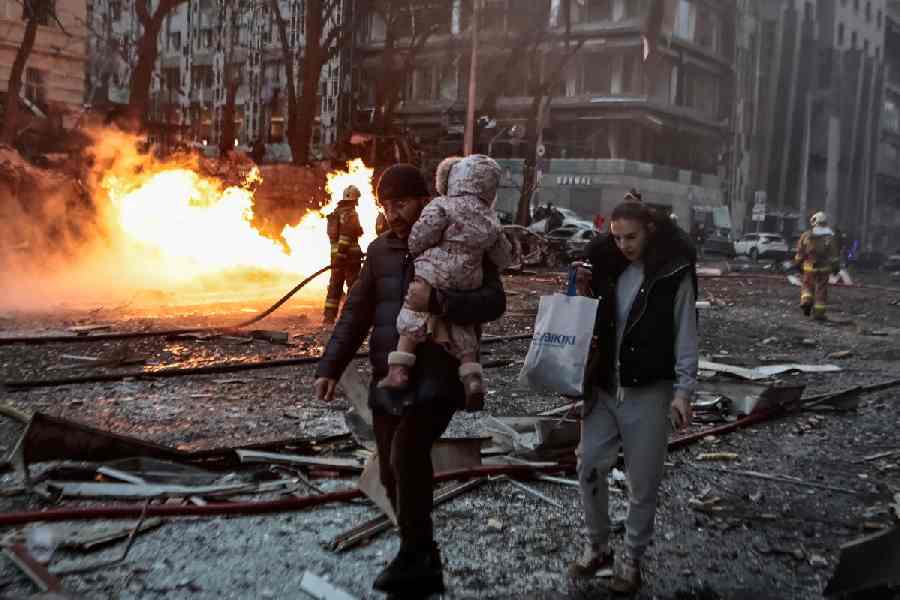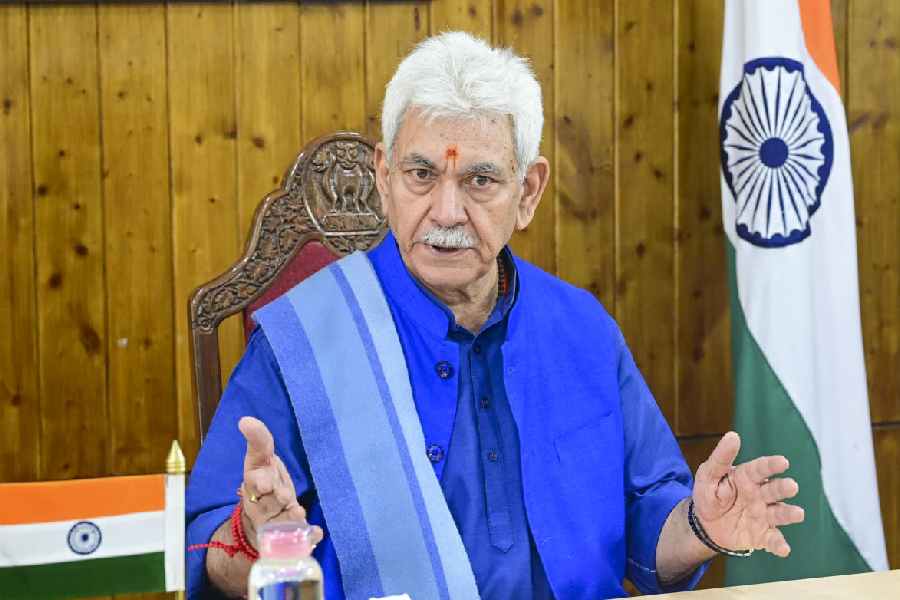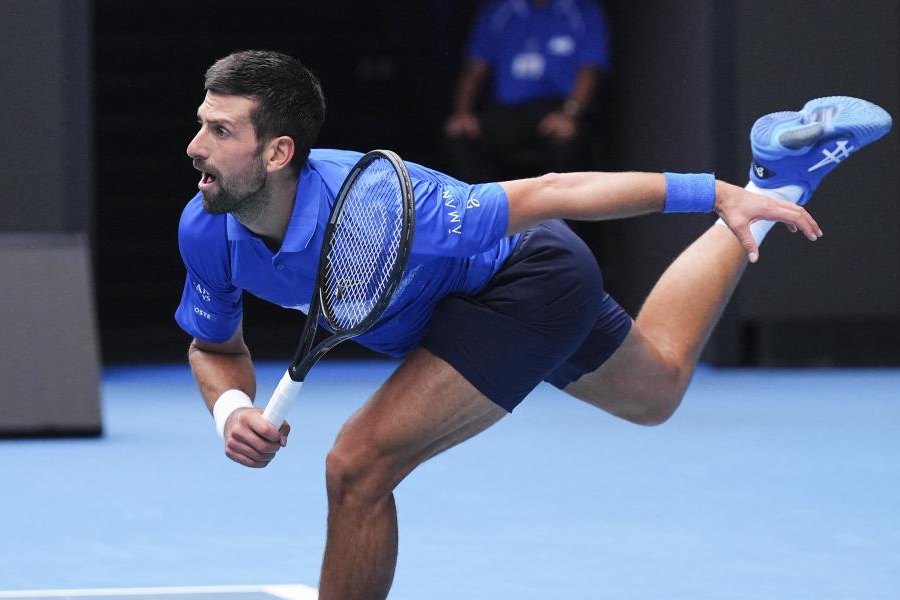The Indian establishment is likely to convey two clear messages to Bangladesh Prime Minister Sheikh Hasina during her Delhi visit next month to attend G20 events — that the upcoming general election in Bangladesh must be free and fair, and that her Awami League will have to purge all pro-Chinese and pro-Islamist leaders and choose non-communal and popular candidates.
The twin messages for Hasina, a source in India’s security establishment said, indicate a broad consensus between India and the US on the elections in Bangladesh scheduled to be held in January 2024.
“There has been a series of discussions between top officials of the security establishments of the two countries (India and the US) over the elections in Bangladesh.... The meetings took place in India and some other countries in the region,” the source said.
“Unlike in the past, when India and the US had major differences over elections in Bangladesh (like the last one in 2018), this time there seems to be a broad consensus and it has been decided that the two messages will be conveyed to the Bangladesh Prime Minister when she is in Delhi for the G20 events,” the source added.
Although Hasina maintains that elections on her watch have been free and fair, questions on the nature of the upcoming polls can be traced back to the last two rounds of voting in 2014 and 2018 that prompted the US and several other western countries to doubt the democratic standards in Bangladesh.
On the contrary, New Delhi never asked any questions about the allegations swirling around the elections — Prime Minister Narendra Modi was the first to congratulate Hasina after the controversial 2018 polls in which the alliance led by her party bagged more than 96 per cent of the seats. The general perception has been that India would not concern itself with the fairness of the polls as long as the outcome was in favour of Hasina, whom New Delhi has always considered the most trusted ally in its neighbourhood.
“There is little doubt that she still remains India’s favourite.... But a variety of strategic concerns have cropped up in the last few years and New Delhi is unlikely to allow her to have her way this time unless she addresses India’s concerns,” said a strategic affairs expert in Dhaka.
Although the Awami League government has delivered on a number of India’s wishes — from cracking down on Islamist terrorists to allowing transit for goods movement to the northeastern states — the primary concern for New Delhi is the Hasina regime’s apparent proximity with China. This factor has brought India and the US on the same page vis-a-vis the upcoming elections in Bangladesh.
Conversations with sources aware of the deliberations the Indian and US security establishments have had on the Bangladesh elections have thrown up the following pointers:
■ Both sides have expressed concerns over the heavy presence of pro-China and pro-Islamist elements in the power structure in Bangladesh — both in the government and the ruling Awami League — and stressed the need for an immediate change in the situation. The Indian establishment agreed to convey this concern to Hasina during her Delhi trip.
■ Both sides have agreed unequivocally that the election commission in Bangladesh has to be empowered and conditions for free and fair polls, to be conducted under the monitoring of international observers, have to be created. India has promised to take up the issue of free and fair polls during Hasina’s visit.
■ India and the US have agreed that there is no question of any poll-time caretaker government, one of the main demands of the BNP-Jamaat-led Opposition, as there are no such provisions in Bangladesh’s constitutional framework.
■ There has been complete unanimity on both sides that the Hasina government has to take visible measures to crack down on corruption and bank defaulters, besides addressing the issue of price rise that has made the lives of ordinary Bangladeshis difficult.
■ Indian officials have impressed upon their US counterparts that the US’s primary agenda of a regime change will bring the BNP-Jamaat combine to power and create instability in the region as security threats to India will increase exponentially. The Indian side has strongly conveyed to the US representatives their reservations about America’s position that the Jamaat-e-Islami is an Islamist political organisation. The fact that India considers Jamaat a rabid fundamentalist organisation has been conveyed in no uncertain terms.
■ Representatives from New Delhi have told the US officials that they should ideally consult India before imposing the visa sanctions on Bangladeshis announced by the Joe Biden administration to ensure free and fair elections in that country.
The broad convergence of the views of India and the US on the upcoming Bangladesh elections, multiple sources said, is a significant development not only because of their past differences in matters related to Bangladesh.
“If Bangladesh holds free and fair elections, it will strengthen the democratic institutions. The young generation, who are otherwise not interested in politics, will be enthused to join the process of nation-building. Proper selection of candidates based on their popularity, not their allegiance to cliques in the ruling party, will make the Awami League stronger.... Finally, tough action on corrupt
practices will have a positive impact on the Bangladesh economy,” said a source in Dhaka.
The question is, he added, whether Hasina — a strong leader with major reservations vis-a-vis the US — will heed the advice.

